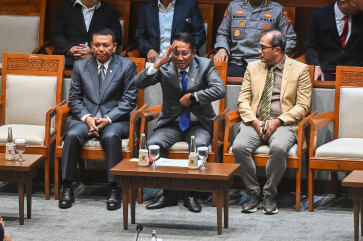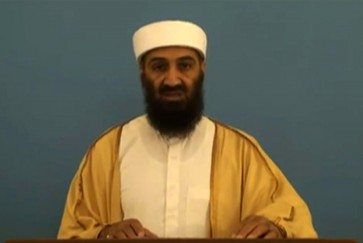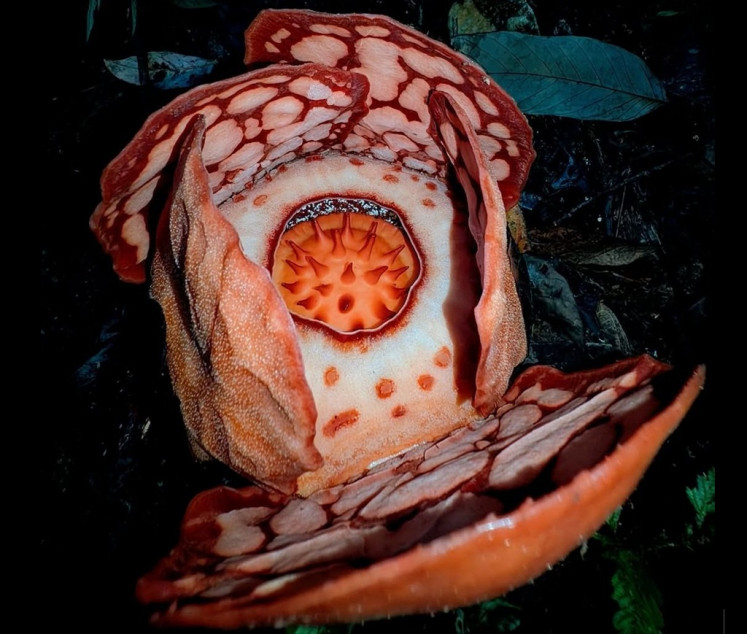Popular Reads
Top Results
Can't find what you're looking for?
View all search resultsPopular Reads
Top Results
Can't find what you're looking for?
View all search resultsIn China, Taiwan party leader calls for more global access
The head of Taiwan's ruling Nationalist Party called for more chances for the island to participate in international organizations following a meeting Monday with Chinese President Xi Jinping, whose government views the territory as a renegade province
Change text size
Gift Premium Articles
to Anyone
T
he head of Taiwan's ruling Nationalist Party called for more chances for the island to participate in international organizations following a meeting Monday with Chinese President Xi Jinping, whose government views the territory as a renegade province.
Eric Chu also affirmed his party's support for eventual unification with the Chinese mainland, a stance China holds sacred but which is increasingly unpopular among young Taiwanese.
The unification issue is expected to feature prominently in next year's Taiwanese presidential elections, in which Chu is considered a likely candidate.
In important areas regarding regional peace, economics, and environmental protection Taiwan hopes not only to have "space to participate but also to join hand in hand and together create a win-win situation with the other side of the (Taiwan) strait," Chu said.
Chu, a former accounting professor and mayor of Taiwan's New Taipei City, spoke at a news conference following his talks with Xi. No Chinese officials attended the event, a reminder of the culture gap between China's authoritarian one-party system and Taiwan's freewheeling democracy.
The Nationalists were driven to Taiwan by Mao Zedong's Communists during the Chinese civil war in 1949, leading to decades of hostility between the sides. Chu, who took over as party leader in January, is the third Nationalist chairman to visit the mainland and the first since 2009.
Relations between the sides began to warm in the 1990s, partly out of their common opposition to Taiwan's formal independence from China, a position advocated by the island's Democratic Progressive Party.
While Beijing prefers to deal with the Nationalists exclusively, it has agreed to some degree of official talks between the two governments.
Relations between the two parties "do not entirely equal cross-strait relations," but are an important component of relations between the two sides," Chu said.
Exchanges between the sides are laden with symbolism and Chu's schedule included a visit to the grave of Sun Yat-sen, the father of modern Chinese democracy who is revered by both the Communists and the Nationalists.
Chu also affirmed Taiwan's desire to join the proposed Chinese-led Asian Infrastructure Investment Bank. China doesn't want the island to join using a name that might imply it is an independent country.
Chu said the island would continue to insist on joining the bank as "Chinese, Taipei," the name under which it participates in the Olympics and other major sporting events.
Chu's comments during his meeting with Xi were carried live on Hong Kong-based Phoenix Television.
Despite increasingly close economic ties, support for political unification on Taiwan has remained low, especially with younger voters. Opposition to the Nationalists' pro-China policies contributed to heavy local electoral defeats for the party last year that led to Taiwanese President Ma Ying-jeou resigning as party chairman.










